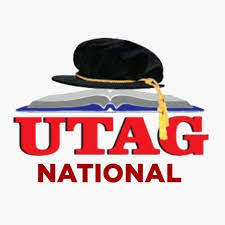The National Petroleum Authority (NPA) is exploring alternative strategies to reduce the significant demurrage costs faced by Bulk Oil Distributors (BDCs) at petroleum discharge ports. These charges, which total $35 million annually, have raised concerns within the Authority, as they ultimately result in higher fuel prices for consumers.
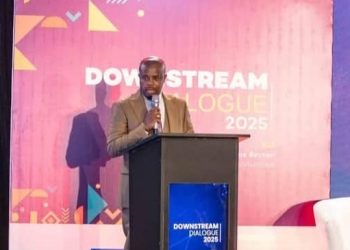
At the 2025 Downstream Dialogue organized by the Chamber of Oil Marketing Companies (COMAC) in Accra, Acting CEO of NPA, Edudzi Tameklo, highlighted the urgency of addressing this issue.
“There are structural challenges in the industry. I met with the bulk oil marketing companies and their chamber, and the estimated cost of demurrage is about $35 million annually. This is significant, and it gets passed onto the final consumer,” Tameklo stated.
He emphasized that finding an alternative solution to reduce delays at the ports, particularly in the discharge of petroleum, could significantly alleviate these costs.
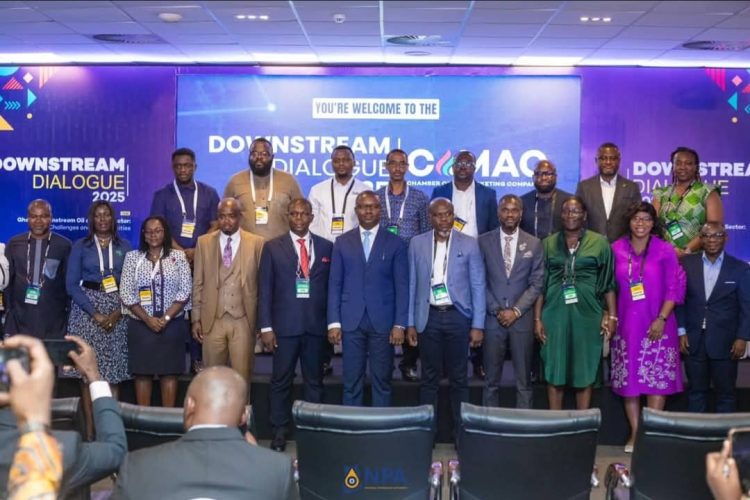
In addition, Tameklo announced plans to introduce automatic fuel dispensers as part of efforts to support the 24-hour economy initiative.
COMAC CEO, Dr. Riverson Oppong, also expressed the Chamber’s plans to seek financial support from banks and other institutions to strengthen businesses within the downstream sector.
“Financing remains a major challenge for businesses in the downstream sector. As such, we will explore the intersection of industry and banking collaboration. Unlocking financing and investment opportunities is essential to enhancing liquidity, fostering expansion, and ensuring the long-term viability of our sector,” he noted.
Minister of Energy and Green Transition, John Jinapor, reaffirmed his commitment to reforming the downstream petroleum sector by tackling structural challenges and promoting local content investment.
“Although this sector is plagued with numerous challenges, it also presents a myriad of opportunities we can capitalize on. The increasing demand for petroleum products and the dynamic nature of the petroleum sector open avenues for infrastructure development, the adoption of new and innovative technologies, increased local content participation, and ensuring that we anchor this sector to propel accelerated and inclusive growth for this country.
“The need for reforms also presents an opportunity for public-private partnerships to execute critical sector development projects and programmes,” the Minister stated.
The two-day dialogue is themed: Ghana’s Downstream Oil and Gas Sector: Challenges and Opportunities.

































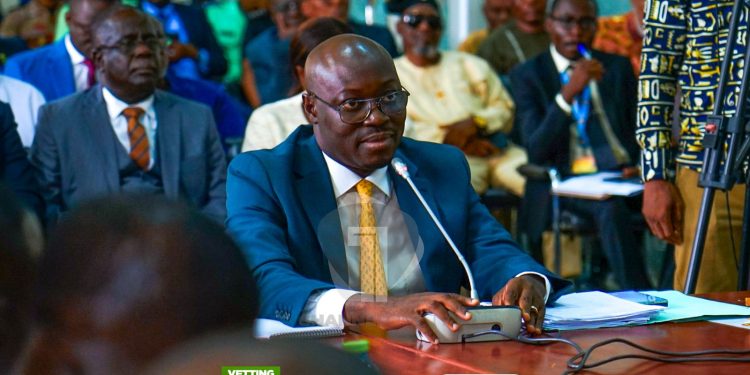


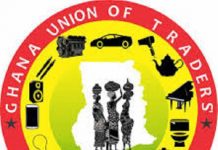




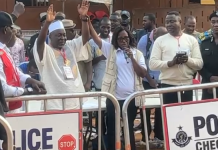














![[FREE FREE MONEY] Predict and Win a Guaranteed GH¢200 From Us EVERY WEEK](https://wordpress.ghanatalksradio.com/wp-content/uploads/2022/02/Predict-and-Win-Final-09-03-2021-218x150.jpg)
![[Predict & Win – 8th/Oct.] WIN A Guaranteed ¢200 From Us This Week](https://wordpress.ghanatalksradio.com/wp-content/uploads/2021/10/maxresdefault-16-218x150.jpg)
![[Predict & Win – 2nd] WIN A Guaranteed ¢200 From Us This Week](https://wordpress.ghanatalksradio.com/wp-content/uploads/2021/09/maxresdefault-50-218x150.jpg)
![[Predict & Win – 25th] WIN A Guaranteed ¢200 From Us This Week](https://wordpress.ghanatalksradio.com/wp-content/uploads/2021/09/maxresdefault-36-218x150.jpg)
![[Predict & Win – 18th] WIN A Guaranteed ¢200 From Us This Week](https://wordpress.ghanatalksradio.com/wp-content/uploads/2021/09/maxresdefault-23-218x150.jpg)








![[National cathedral] See full list of churches that have contributed since 2018](https://wordpress.ghanatalksradio.com/wp-content/uploads/2020/09/Ghana-National-Cathedral-GhanaTalksRadio-100x70.jpg)
